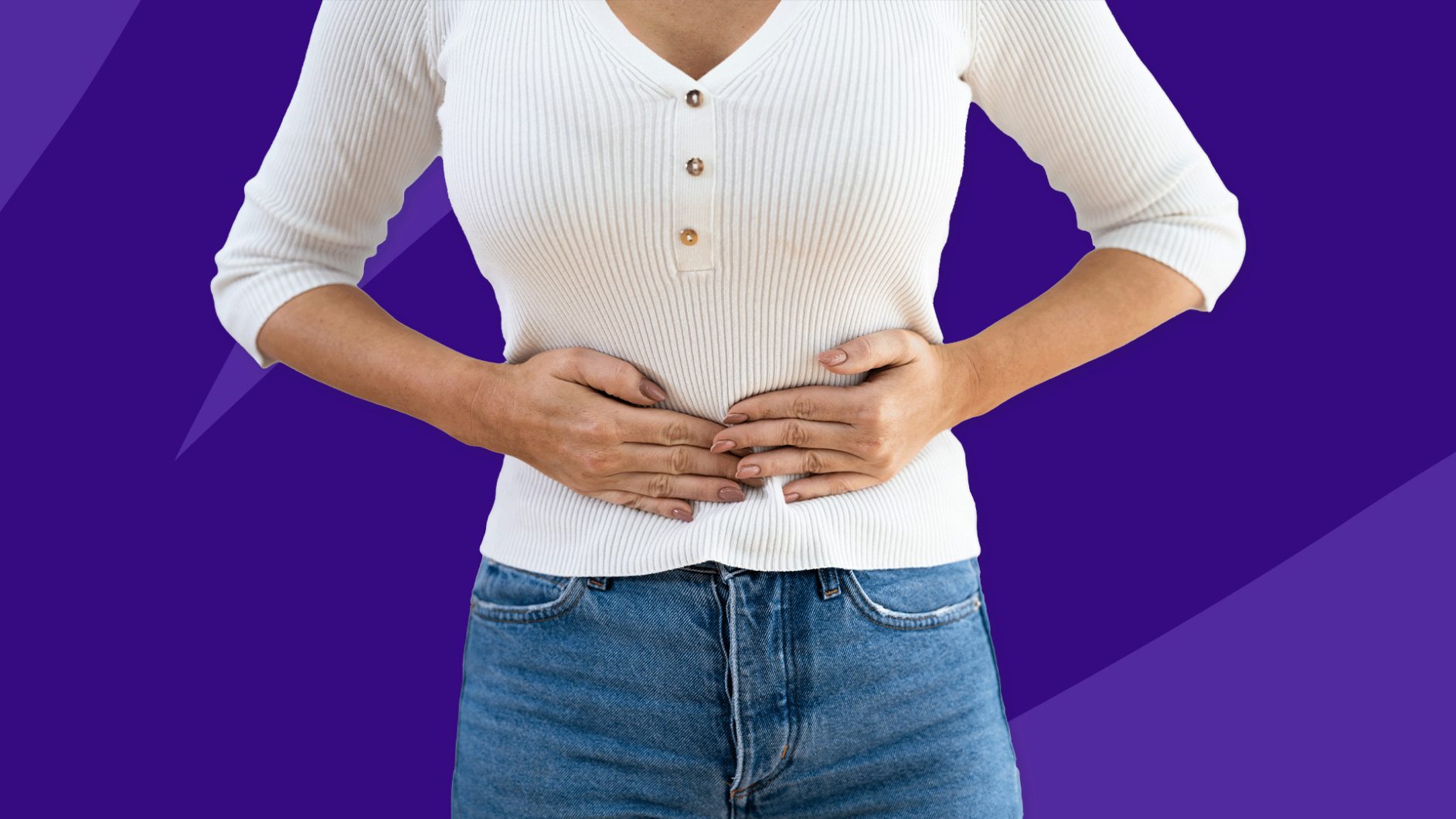Key takeaways
Adderall can be taken with or without food, but most people find it gentler on the stomach if taken with food.
Taking Adderall with healthy fats and proteins can also reduce the gastrointestinal effects of the medication.
It’s best to avoid acidic foods and drinks while taking Adderall to maximize absorption. Also, avoid caffeine and alcohol, because they can worsen some of the side effects of Adderall.
Adderall (dextroamphetamine-amphetamine) is a prescription medication that’s approved by the U.S. Food and Drug Administration (FDA) to treat attention deficit hyperactivity disorder (ADHD) and narcolepsy. It’s in a class of drugs called central nervous system (CNS) stimulants and is sold under the brand names Adderall and Adderall XR (extended-release). Both are first-line treatments for ADHD.
If you or someone you care for is taking Adderall, you may have questions about the best protocol for taking it—specifically, whether it needs to be taken with food or not. Is taking Adderall on an empty stomach okay? Are there certain foods that it’s best to take Adderall with or others to avoid?
Here, we will address all your questions regarding the most effective and stomach-friendly methods for taking Adderall.
Can you take Adderall on an empty stomach?
Not everyone prefers to take their medication after eating, whether due to digestive concerns or their eating schedule. As such, many people may wonder: Should I take Adderall on an empty stomach? Will doing so impact the effectiveness of the medication? Will it cause an upset stomach?
According to the FDA, Adderall can be taken with or without food, so the choice is up to you. Still, some doctors recommend that you don’t take Adderall on an empty stomach.
While it’s generally safe to take Adderall on an empty stomach, Andrew Youssouf, MD, medical director of Ikon Recovery and double board-certified in addiction and emergency medicine, says that doing so can lead to stomach issues. “I typically recommend taking Adderall with food to help minimize any potential gastrointestinal problems for my patients,” he says.
Besides stomach discomfort, Paul Daidone, MD, FASAM, medical director at True Self Recovery and board-certified in internal medicine and addictionology, says that taking Adderall on an empty stomach can impact the absorption rate of it. “Should one take it without food, the body absorbs the drug quicker than usual, which means that it may work better or become more pronounced,” he explains. But that’s not always a good thing, Dr. Daidone says.
This faster absorption rate explains why Adderall on an empty stomach can cause digestive upset. It also raises the likelihood of other unpleasant common side effects like anxiety, nausea, and fast heart rate, Dr. Daidone says. Generally, his advice to patients is to take Adderall with meals. “To prevent gastrointestinal side effects and promote consistent absorption rates, I prefer to have my patients take their Adderall with meals,” he says.
What about if you take Adderall without food for long periods? “While there is limited research on long-term consequences of taking Adderall without food, persistent stomach discomfort can potentially lead to more severe digestive problems down the line,” says Dr. Youssouf. “It is important to discuss any concerns with a licensed healthcare professional or doctor.”
What is the best way to take Adderall?
Besides whether you can take Adderall on an empty stomach, you may have other questions about food intake while on Adderall. For instance, are some foods better for your stomach than others when you take Adderall? What is the best time to take Adderall with meals?
Dr. Daidone recommends taking Adderall either with food or right after eating. A meal with healthy fats and proteins can help calm your stomach and increase your energy levels even while on Adderall.
Some examples of healthy fats include:
- Olive oil
- Canola oil
- Peanut oil
- Nuts
- Seeds
- Avocados
- Fatty fish (salmon, herring, sardines)
Healthy protein sources to consider are:
- Low-fat meat and poultry
- Eggs
- Nuts
- Beans
- Seafood
- Seeds
- Soy products
While you don’t have to avoid any foods while taking Adderall, certain foods can make the medication less effective. “Be cautious of consuming acidic foods or drinks, such as citrus fruits and juices, as they may impact absorption,” says Dr. Youssouf. He also recommends limiting caffeine and alcohol because they can amplify some of the common side effects of Adderall, such as nervousness and heart palpitations.
The bottom line
While there are no official rules about whether or not to take Adderall on an empty stomach, most individuals find that taking Adderall with food reduces any potential tummy upset. Taking Adderall with healthy, high-fat meals and protein-rich foods can further reduce the impact of digestive issues.
Overall, individuals (adults or children) taking Adderall or any stimulant medication for the first time should be carefully monitored by their healthcare providers at all times, Dr. Daidone emphasizes. They should also share their medical history and any negative side effect concerns with their doctor. In addition, they should follow their doctor’s medical advice regarding daily dose recommendations for Adderall, which is usually between 5 mg and 20 mg, Dr. Daidone says.
“Those who use Adderall regularly for long durations need constant medical check-ups to ensure safety, especially if one has been taking other drugs along with Adderall for an extended time,” Dr. Daidone concludes.
- Adderall, DailyMed (2024)
- Adderall XR, DailyMed (2023)
- Dextroamphetamine-amphetamine, National Cancer Institute
- Dextroamphetamine and amphetamine, MedlinePlus (2019)
- The skinny on fat, National Institutes of Health (2019)
- Healthy eating as you age: Know your food groups, National Institute on Aging (2022)



